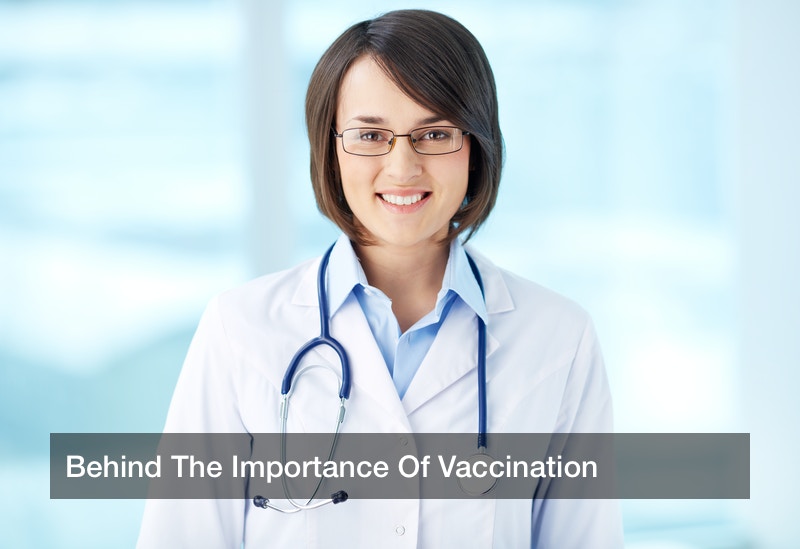
The health and wellness of your family is a very important thing indeed. It might, in fact, be the most important thing in your life. Fortunately, there are a number of ways in which you can support this health, as well as preserve it. Feeding yourself and your family a healthy diet is one way in which to do this. In addition to this, getting them up and moving as they should be can benefit health matters quite considerably. And going in for doctor’s visits on a yearly basis – and whenever sick – is certainly critical for the health of not just children, but people of all ages.
Of course, we cannot forget about vaccination. Hailed as one of the most cost effective ways to promote health throughout a community, vaccination has already saved countless lives not just here in the United States, but all throughout the world in its entirety. Vaccines for many different diseases now exist, allowing you to protect your children thoroughly from even a very young age. And if you were vaccinated as a child, you too benefit from these protections. In fact, vaccinations on the whole save as many as two and a half million lives (globally) throughout the course of just one single year.
For one thing, the polio vaccination changed the fabric of the United States. Before the polio vaccination, polio struck fear into the hearts of many parents. And though polio did not often kill, it far too frequently left children paralyzed for the rest of their lives. Sadly, many of these children even lost the ability to breathe on their own, sometimes temporarily but sometimes on a permanent basis. They required a medical device known as the iron lung to breathe for them.
Nowadays, however, polio is considered eradicated in the United States. More than 90% of all children who fall between the ages of 19 months and 35 months (between about a year and a half and about three years of age) have currently been inoculated against polio. This allows for a societal protection against the disease. And in developing countries, access to the polio vaccine is becoming better and better with each passing year.
Other vaccines have also helped to prevent illness and even death in many people. The measles vaccine, part of the MMR series (mumps, measles, and rubella) is one great example of exactly this. Between the less than 15 year period of 2000 and 2014, the total number of measles cases dropped by very nearly 80% here in the United States alone after the measles vaccine was put into regular use. This dropped the total number of cases from more than half of a million to well under 200,000. And while measles is not always a deadly disease even when it is contracted, it certainly has the potential to be very dangerous indeed. As a matter of fact, vaccination against measles is thought to have already saved more than 17 million lives since that same year of 2000.
Of course, proper storage of vaccines is a must in doctor’s offices and pharmacies throughout the country. Fortunately, there are a number of perfectly safe ways to practice this. The undercounter medical refrigerator provides just one place where vaccines can be stored. In order for this undercounter medical refrigerator to be effective for vaccine storage, as is the case for any pharmacy grade refrigerator or vaccine refrigerator, the undercounter medical refrigerator must be kept at the right temperature. For an undercounter medical refrigerator, this temperature needs to stay in the realm of 40 degrees Fahrenheit. Keeping an undercounter medical refrigerator too hot or too cold could damage what it is storing, even rendering such supplies useless.
In addition to the undercounter medical refrigerator, pharmaceutical freezers and the typical vaccine freezer are also commonplace in doctor’s offices and pharmacies. These too must be kept at the ideal temperature. For freezers storing vaccines, this tends to be around -58 degrees and up to 5 degrees Fahrenheit. While this presents a wide range, it will be important not to go outside of it, as doing so could again damage the vaccinations in question.
At the end of the day, there is most certainly no denying the overwhelming importance of vaccination.
